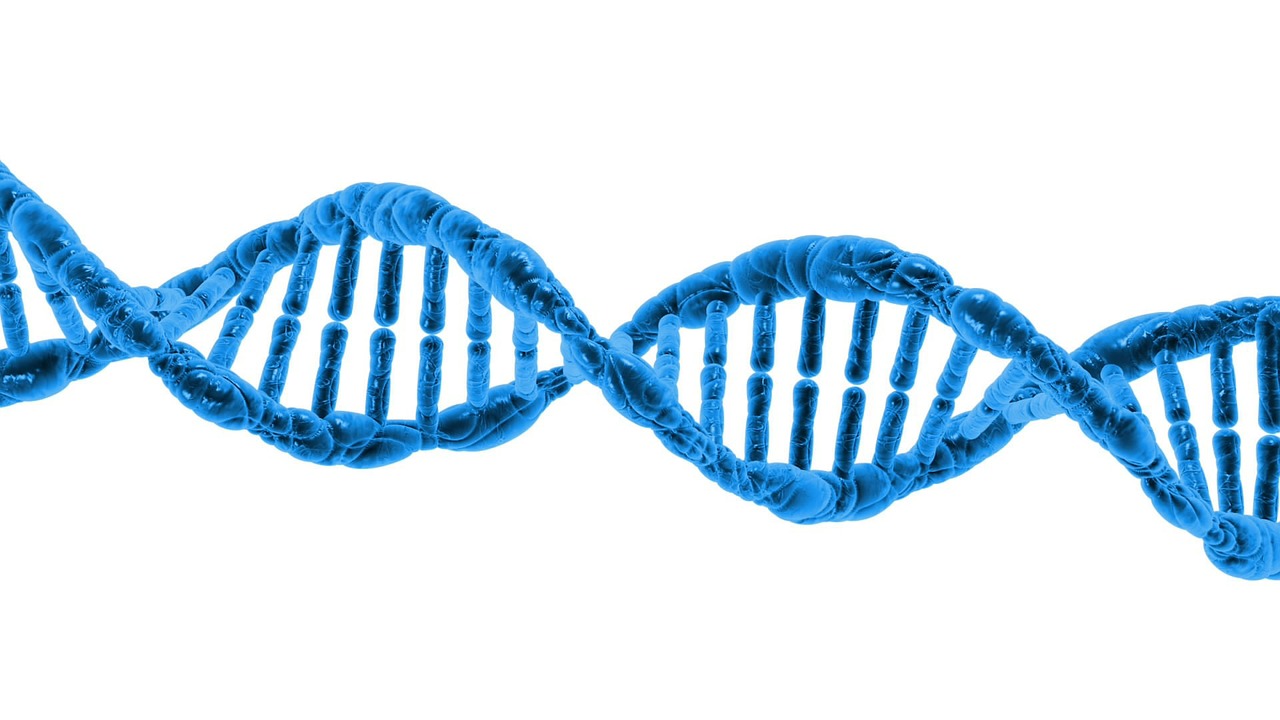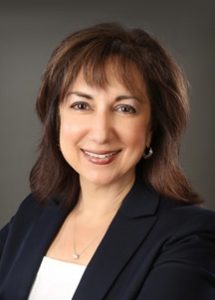

Diane Musser
Guest blog by Denise Casamento Musser, APRN-CNS, OCN, AGN-BC, a Clinical Nurse Specialist with a board certification in genetics who works with the Cancer Risk Management Program at the University of Minnesota Health.
Knowledge is power. Understanding your body at its deepest level – at the level of your own DNA – can help you evaluate your risk for disease and make informed decisions about your care.
As an advanced practice clinical nurse specialist with a board certification in genetics, I am fortunate to be working in cancer prevention. The University of Minnesota Health Cancer Risk Management program involves a team of licensed genetic counselors and physician specialists who are trained in cancer genetics. We provide individualized prevention and surveillance plans plus medical management for people who have higher risk for cancer because of their underlying genetics. Our patients either have a known genetic mutation that increases their cancer risk, or a strong family history of cancer without a known gene.
Here’s a little science lesson on cancer: All cancer occurs because of errors in the DNA replication process.
Every single cell has a life cycle. At a certain point, it needs to stop dividing and die off so that new cells can take its place. If the DNA in our body is missing certain components – parts of a gene, for example – errors will start to occur. Cells might develop mutations, grow uncontrollably, or cease working properly.
Our bodies have protective mechanisms that prevent most of these processes. We are equipped with cells that stop uncontrollable cell division, which is what produces developing tumors. Likewise, some genes called “mismatch repair genes” work to clean up or repair mistakes in our DNA replication process. You will often hear that term in discussions about Lynch syndrome, for example.
But genetic mutations still occur. When they do, they fall into one of two general categories:
- Inherited genetic mutations a person has from birth. These are only responsible for 5-10 percent of all cancers. People who have inherited a genetic mutation predisposing them to cancer often have cancers at younger ages, under age 50. But not always.
- Acquired mutations over time. Acquired mutations are much more common, and they explain why cancer usually occurs in older people.
Even though “heritable cancers” only comprise 5-10 percent of all cancer cases, we are learning through expanded DNA testing that the genetic mutations for cancer are more prevalent in the population than previously thought.
Take Lynch syndrome, for example. We now believe that genetic mutations for Lynch syndrome occur in about 1 out of 279 people in the population. Does this mean that every single person with Lynch syndrome (named for Dr. Henry Lynch, a pioneer in the cancer genetics field) is going to get cancer? No!
But it does mean:
- People with Lynch syndrome have a much higher risk for developing certain types of cancer, particularly colon, endometrial, ovarian, bladder and small bowel cancers.
- People with Lynch syndrome should have additional routine cancer surveillance. They can benefit from prevention strategies such as annual colonoscopies, which enable specialists to find and remove precancerous lesions before they become cancerous.
- People with Lynch syndrome, can, unfortunately, be prone to more than one type of cancer and should have lifelong surveillance for other types of cancers, too.
There are other inherited colon cancer syndromes – such as familial adenomatous polyposis (APC genetic mutation), juvenile polyposis syndrome, and other genes linked to colon cancer. Some of the genes linked to breast cancer, known as CHEK2+ and ATM+, are also linked to colon cancer.
If you know that someone in your family had DNA testing and has a genetic mutation for colon cancer, or if you are simply concerned about colon cancer in your family, you should see a cancer genetic counselor. Genetic testing is much more affordable than it has been in the past.
You can’t change your genes. But you can do something about your risk. Research shows proper nutrition, exercise, avoiding carcinogens, limiting alcohol and other actions can help reduce your risk for all types of cancer. Knowledge is power, and acting on that knowledge can help you make the best choices to protect your health.
I believe, as many do, that if you have good health, you have everything.
LEARN MORE ABOUT CANCER GENETICS FIND A GENETIC COUNSELOR

Howdy, I’m a 7 year hereditary colon cancer WARRIOR. Diagnosed w/a rare gene mutation, attenuated familial adenomatous polyposis (AFAP) an autosomal dominant germline mutation which was discovered by Dr. Henry T. Lynch. I successfully underwent total-proctocolectomy w/ileostomy surgery shortly after my diagnosis. I met Dr. Lynch seven months after my surgery. We stay in touch as I have routine endoscopic procedures to monitor the mutation. I’d love to share my journey w/you. Look forward to hearing from you.
Always Forge Ahead w/a Purpose,
Dan
Colon Cancer Coalition, if you could please put me in contact w/Denise Casamento Musser it would be greatly appreciated.